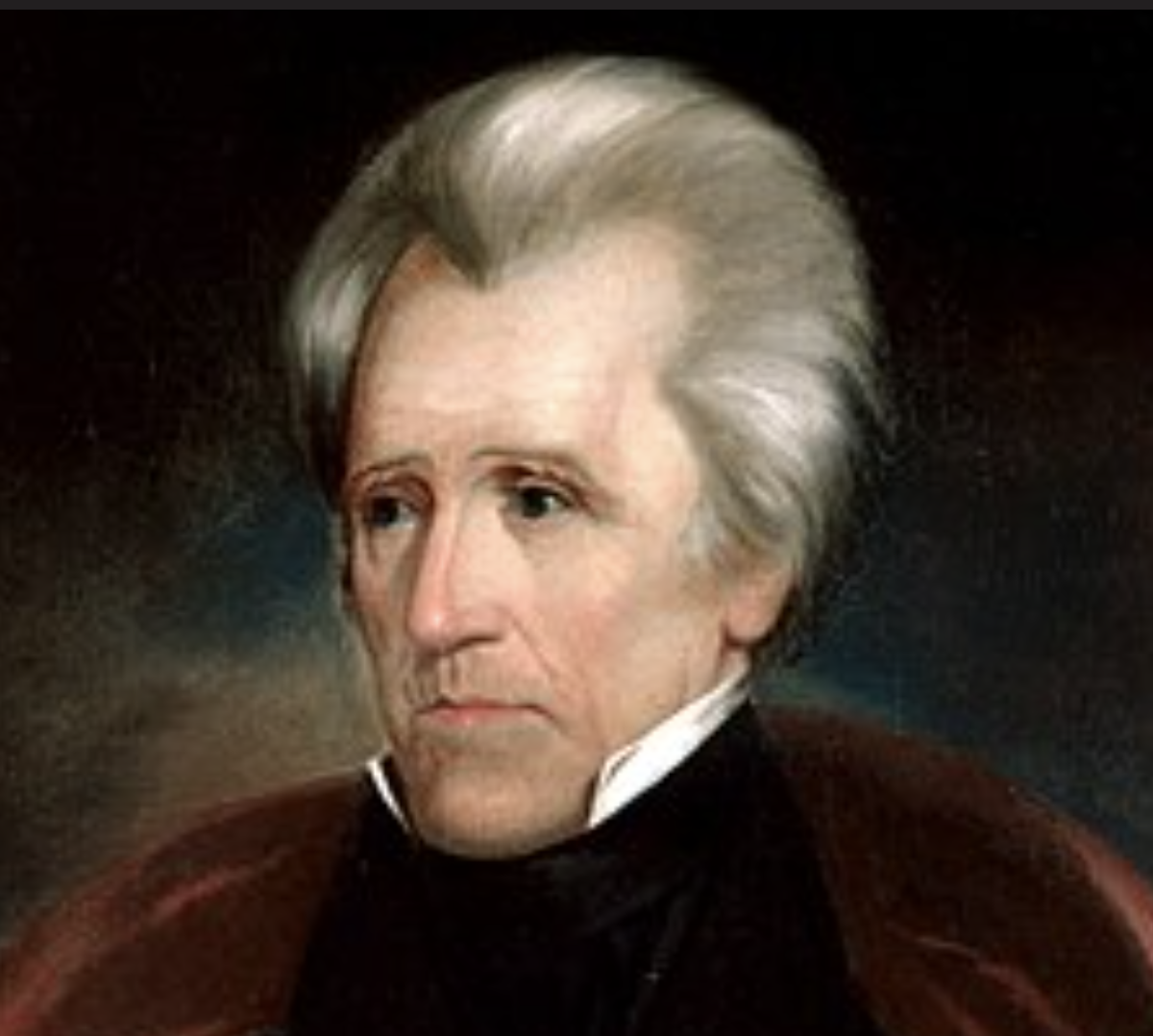
- Details
- By Native News Online Staff
This Day in History. On this day in 1830, 195 years ago, President Andrew Jackson signed the Indian Removal Act.
The Act established a process whereby the president could grant land west of the Mississippi River to Indian tribes that agreed to give up their homelands. As incentives, the law allowed the Indians financial and material assistance to travel to their new locations and start new lives and guaranteed that the Indians would live on their new property under the protection of the United States Government forever.
With the Indian Removal Act in effect, President Andrew Jackson and his supporters were able to coerce, bribe, and pressure Native American tribes into signing removal treaties that forced them to leave their ancestral lands in the southeastern United States.
By the end of his presidency, Jackson had signed nearly seventy such treaties, resulting in the forced relocation of approximately 50,000 Native Americans to what was then designated as Indian Territory. This area, located west of the Mississippi River, excluded the states of Missouri and Iowa as well as the Arkansas Territory. The government intended for the displaced tribes to settle in a more limited region—what would later become eastern Oklahoma—despite the vastness of the territory.
The Indian Removal Act ultimately led to the Trail of Tears, a brutal and deadly journey that caused the deaths of thousands of Native Americans, including nearly one-quarter of the Cherokee Nation. Because of his role in these events, many Native Americans remember Jackson as the “Indian-killer” president and strongly oppose any form of recognition or honor, including his continued presence on the twenty-dollar bill.More Stories Like This
Native News Weekly (August 25, 2024): D.C. BriefsNavajo Nation Mourns the Passing of Former Vice President Rex Lee Jim
Deb Haaland Earns Endorsement From Communications Workers of America Local 7076
University Soccer Standout Leads by Example
Two Native Americans Named to Democratic Congressional Campaign Committee's“Red to Blue” Program
Help us defend tribal sovereignty.
At Native News Online, our mission is rooted in telling the stories that strengthen sovereignty and uplift Indigenous voices — not just at year’s end, but every single day.
Because of your generosity last year, we were able to keep our reporters on the ground in tribal communities, at national gatherings and in the halls of Congress — covering the issues that matter most to Indian Country: sovereignty, culture, education, health and economic opportunity.
That support sustained us through a tough year in 2025. Now, as we look to the year ahead, we need your help right now to ensure warrior journalism remains strong — reporting that defends tribal sovereignty, amplifies Native truth, and holds power accountable.
 The stakes couldn't be higher. Your support keeps Native voices heard, Native stories told and Native sovereignty defended.
The stakes couldn't be higher. Your support keeps Native voices heard, Native stories told and Native sovereignty defended.
Stand with Warrior Journalism today.
Levi Rickert (Potawatomi), Editor & Publisher


